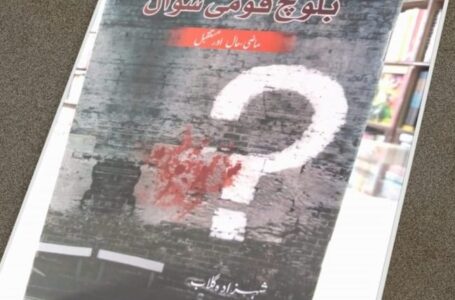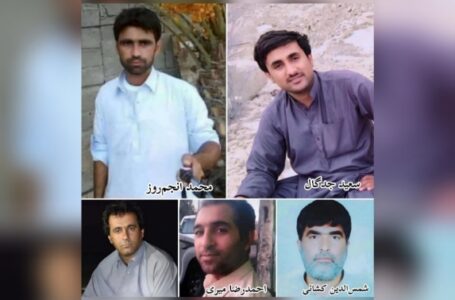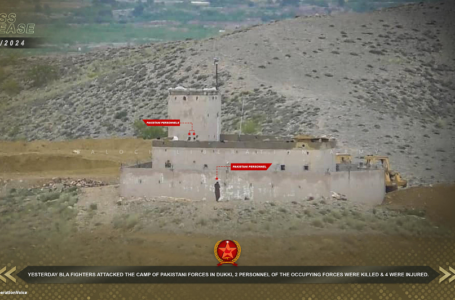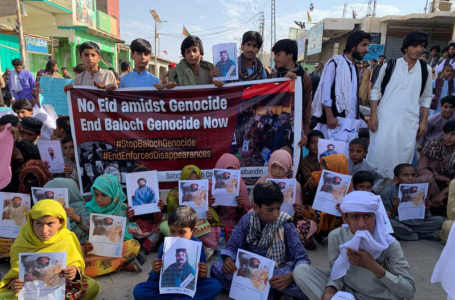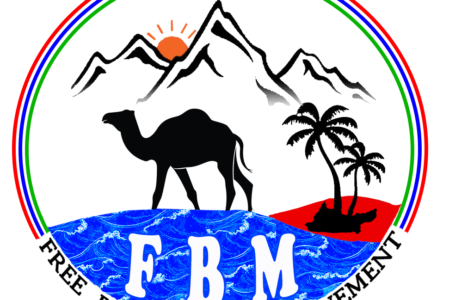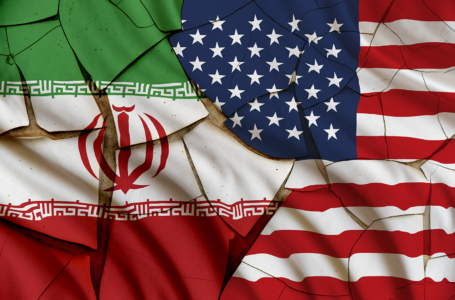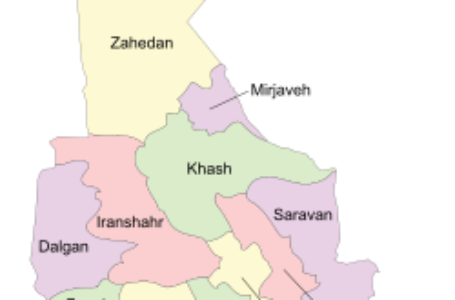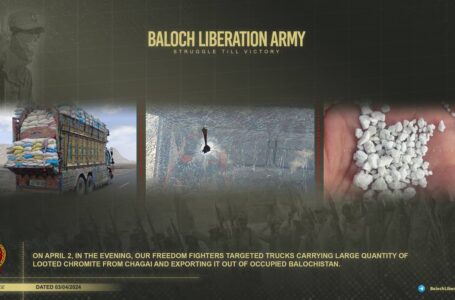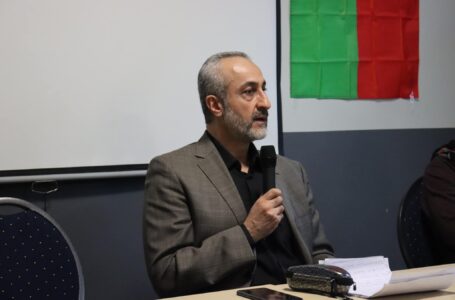Foreign countries should refrain from becoming Pakistan’s partner in Baloch Genocide: FBM
Two NGOs lost their UN consultative status for speaking against Pakistan’s atrocities in Balochistan
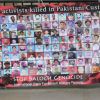
(New York) – The withdrawal of UN consultative status from two NGOs in retaliation for statements they made at the UN Human Rights Council lacked procedural safeguards and could have a chilling effect on civil society, ISHR said today.
The United Nations shut the door on two African NGOs when they were stripped of their UN ‘consultative status’. The development followed a vote to withdraw the ‘roster status’ for the African Technology Development Link and the African Technical Association by the UN’s Committee on Non-Governmental Organisations, which recommends Economic and Social Council (ECOSOC) consultative status to NGOs and reviews their UN activities.
These withdrawals mean that the two NGOs will no longer be able to directly engage at the UN Human Rights Council. With roster consultative status, NGOs have the right to make written and oral statements at the Human Rights Council and organise side events, in their own name.
The two NGOs were only made aware of the request (by Pakistan, a Committee member) to withdraw their status in writing a few days before their case was actually considered in the NGO Committee. As a result, these NGOs lacked enough time and information to prepare and to defend themselves properly.
‘We are deeply disturbed by the draft decisions of the Committee concerning the withdrawal of the status of these two NGOs. The process used was hurried and failed to fully respect the procedural safeguards required by ECOSOC Resolution 1996/31,’ said Michelle Evans of the International Service for Human Rights.
‘In particular, the process did not allow the NGOs a reasonable opportunity to respond to the allegations against them. The decision to withdraw their status was taken despite requests from some Committee members for more time to reach out to the NGOs and ask for clarifying information,’ she said.
Earlier in the Committee session, Pakistan had lodged a complaint that the NGOs had violated ECOSOC Resolution 1996/31 by engaging in ‘politically motivated’ acts against member States. The NGOs were accused of making statements at a recent Human Rights Council session on the situation in Baluchistan province and other areas in Pakistan which used ‘language not authorised in UN’ and which made ‘unsubstantiated allegations at Pakistan in violation of their mandate’.
The withdrawal of the status of African Technology Development Link was a result of a vote of 12-5. Greece, India, Israel, United States, Uruguay voted against the withdrawal, while Azerbaijan China, Cuba, Guinea, Iran, Mauritania, Nicaragua, Pakistan, Russia, South Africa, Turkey, Venezuela voted in favour. Burundi and Sudan were absent.
The decision to withdraw the status of African Technical Association was by a vote of 13 in favour (Azerbaijan, China, Cuba, Guinea, Iran, Mauritania, Nicaragua, Pakistan, Russia, South Africa, Sudan, Turkey, Venezuela) to 5 against (Greece, India, Israel, United States, Uruguay). Burundi was absent. Both votes were requested by Pakistan.
Following the votes, the US criticised the lack of transparency in the process and called the decision a rush to judgement: ‘The loss here is for civil society. It will have a chilling effect on civil society as a whole and how they engage with the United Nations,’ the representative of the US said. India also urged that the NGOs be given a fair chance to respond to the Committee’s question and criticised the hasty and presumptuous manner in which the decisions were taken.
ISHR is concerned that the procedure to suspend and withdraw status has been misused more and more in recent years to mute unwanted criticism. It is a means by which Member States in the NGO Committee retaliate for the statements and participation of NGOs at the Human Rights Council. Such harsh measures are unwarranted and inconsistent with NGOs’ right to freedom of expression and opinion.
‘Ironically, these cases were handled by the Committee in complete opposition to the way the application process works,’ said Ms Evans.’Many NGOs seeking accreditation have to wait years before obtaining status or are denied status. However in the case of a withdrawal or suspension of consultative status, the decision is usually pushed through quickly, which makes it extremely challenging for a targeted NGO to defend itself.’
This contradiction indicates that some Committee members have little interest in protecting and promoting civil society’s right to access and communicate with the UN, and are clearly not acting in accordance with the spirit and principles of Resolution 1996/31. In the cases of the two Africa-based NGOs, their roster status — which they had held for decades — was stripped away in a matter of minutes.
‘ISHR calls on member States that are friends of civil society to speak out about the flawed process leading up to the decisions to recommend withdrawal of the UN accreditation of these two NGOs. The Committee should be urged to take the time necessary to receive and to carefully consider and weigh the evidence presented by all parties regarding the complaint, including the NGO. The objective of reaching a fair, balanced, and proportionate response outweighs the goal of acting expeditiously. The decision to suspend or withdraw the status of an NGO should only be taken as a last resort,’ Ms Evans said.
Contact: Michelle Evans, International Service for Human Rights, on m.evans@ishr.ch
Courtesy: http://www.ishr.ch/news/withdrawal-un-consultative-status-two-ngos-could-have-chilling-effect-civil-society#.dpuf

